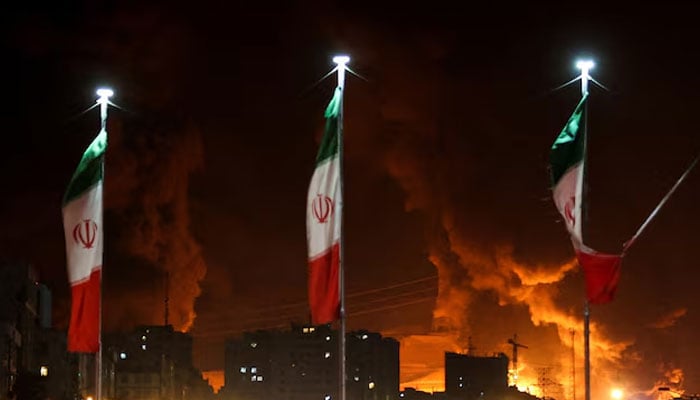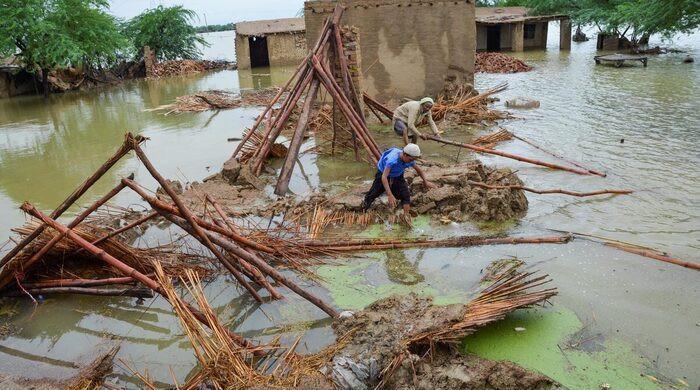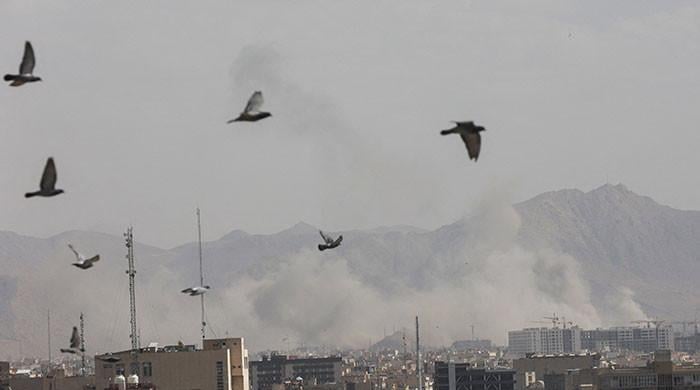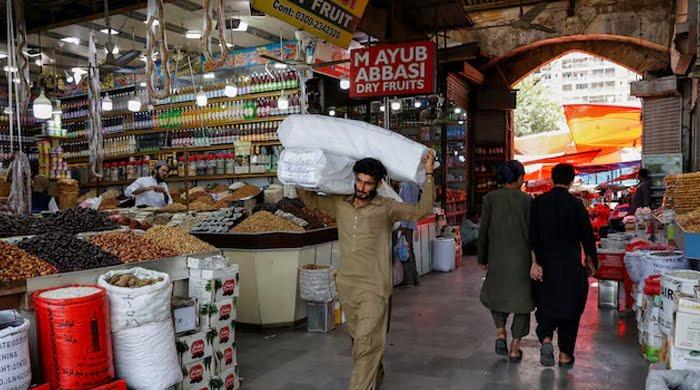The strutting emperors: Candid corner
World cannot survive, let alone prosper, without a credible system of equity and fairness being in place
June 28, 2025

The world stage has been littered with strutting of emperors, some with a shade of rooting in history, with others patently self-proclaimed. Together, they consume a lot of space with little substance to give credibility to their anointing. There are quite a few of the breed living in contemporary times. Through their tenures, the world has been consumed with piles of ill-gotten power and pelf, topped by boundless regression.
It is also true that, with technological progress, the value system has taken a battering that cannot be measured in words. Not that such treatment has not been its fate in the olden times, but, somehow, the immensity of this recent mauling catapults the past beyond any measure of recognition. Quite literally, it has been rendered unrecognisable.
We keep grieving about this unfortunate state, but let it be recognised that we have really done nothing to make an impact for the better. We are comfortable with the benefits that our respective status may accrue for us, oblivious to the agony that the underprivileged multitudes are routinely subjected to. Their pain and their suffering, in fact, their life itself, has been bereft of any meaning.
The worst part of this transformation is that when the tormentors of humanity assume the mantle of authority, even the powerful bow in servility. The genocide in Gaza has been going on for over one year now, but the world, by and large, has been a silent spectator to the harrowing onslaught. Men and women, young and old, healthy and sick, the newborns and those still breathing in their mothers' wombs, have been slaughtered without mercy.
Food, medicines and relief have been blocked through a combination of indiscriminate bombings and crude manipulation of the international forums, including the UN, where we have repeatedly vetoed calls for a ceasefire. But this has not stirred the world's conscience as we remain smitten with inaction.
More recently, Israel launched an unprovoked attack on Iran, which was aided and abetted by some countries of the world, with others preferring silence over action. All they did was issue innocuous statements critical of the action, which meant little in the end.
Initially, the US claimed to have nothing to do with the conflict in the hope that Iran would capitulate easily. But when it responded with grit and courage, inflicting serious damage upon Israel, it first demanded an "unconditional surrender" and then joined in the fray by attacking its nuclear installations. When its assets in the Gulf were targeted in retaliation, it took to play the peacemaker, coercing the combatants to cease fire. Amidst relative quiet, the world sits on the verge of what could become a combustion pot for the entire region to be sucked into, causing immeasurable devastation.
Instead of thinking of sustainable measures to block such misadventures in the future, we think of strange ways to behave. Do we have a sense of justice? Do we have a sense of proportion? Are we sensitive to the anguished cries of those thousands who routinely pounded with tonnes of fire dropping from the skies?
Are we oblivious to the dastardly attacks on Iran by Israel and the US both? Are we unmoved in the face of repeated vetoing of ceasefire resolutions in the UN Security Council so that the entire population of Gaza is completely obliterated? Are we sensitive to our place in history and how the coming generations will respond to the role that we have taken upon ourselves to playing — that of rewarding the perpetrators of war? Obviously, it is either our inability, or our unwillingness, or both, to recognise any of the above as we go hurtling down a precipitous path with destination unknown.
Justice has always been in short supply in the world, but never quite so as it is in contemporary times. It is also true that the world cannot survive, let alone prosper, without a credible system of equity and fairness being in place. But the bitter reality is that such dispensation is not going to fall in our laps. We will have to fight to secure it.
With a system favouring the rich and the powerful against the poor and the enfeebled, this battle will always be an uphill task with stakes heavily loaded in favour of those who have stockpiles of guns and bombs to unleash without the fear of accountability. As Shakespeare said, "the fault, dear Brutus, is not in our stars, but in ourselves that we are underlings". The state we find ourselves trapped in is not ordained by nature. It has been cultivated by those who have anointed themselves in positions of power to dictate our destiny. The problem is that we have not shown the courage to resist this syndicate of organised crime and usurpation.
We have allowed, even facilitated, the beneficiary elite to not only occupy the corridors of power but also bow in rabid subservience to their ill-gotten authority and the unjust system they continue to patronise. This is a singular prescription for self-destruction. We seem to have not only resigned to its consequences; we are doing everything to further strengthen its hold on the besieged.
If we recognise that course correction has become a necessity, the path that we'll have to take is littered with pitfalls. There is no easy recourse. It is an uphill challenge where every step could bring us back to where we started. But then, nothing is offered on a platter to take. History is replete with instances where people had to struggle over prolonged periods of time to win their rights and their freedoms. One such time beckons us. Do we have it in us to pursue it, or will we be content with grabbing whatever may be placed on our supplicating hands by way of charity?
People with dreams make nations. Leadership must recognise those dreams and take the necessary initiatives to realise them. But if leadership starts working at a tangent to what people desire, a situation of confrontation develops that can cause tension, even violence. This must be averted.
Injustice cannot be eternal. Emperors may continue strutting, but change is inevitable. Let me finish on an optimistic note with a passage from Faiz’s poem ‘Meeting’ (Mulaqaat): "Awfully dark may be the night/ But from this dark shall emerge/ A surge of blood that is my evocation./ And glowing in its shadow/ Is a stream of gold radiating from your eyes".
The writer is a political and security strategist and the founder of the Regional Peace Institute. He is a former special assistant to former PM Imran Khan and heads the PTI’s policy think-tank. He posts @RaoofHasan
Disclaimer: The viewpoints expressed in this piece are the writer's own and don't necessarily reflect Geo.tv's editorial policy.
Originally published in The News











